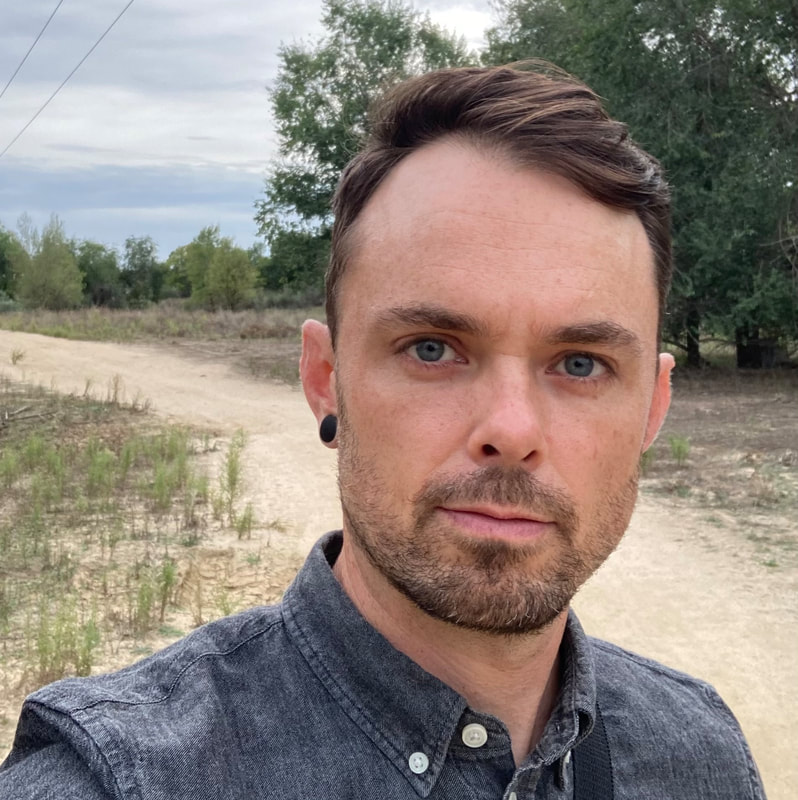John Garrard StehlinAssistant Professor
Department of Geography, Environment, and Sustainability University of North Carolina at Greensboro --- PhD, Geography and Global Metropolitan Studies, 2015 University of California, Berkeley BA, Political Science and Hispanic Studies, 2004 Vassar College I am an urban geographer with a research focus that combines urban theory, political economy, and science and technology studies (STS) to understand changing urban mobility infrastructures. My book, Cyclescapes of the Unequal City: Bicycle Infrastructure and Uneven Development (University of Minnesota Press, 2019) examined the prominence of bicycle infrastructure in both progressive and elite visions for the 21st century “green” city. From 2018-19, as a research associate at the Sustainable Consumption Institute at the University of Manchester, I worked on a project assessing the spread of digital mobility platforms (Uber, Mobike, Chariot, etc.) at a global scale and identifying key case studies for future research. These are part of a longer-term focus on the transformation of mobility in unequal cities, the circulation of models of infrastructural change, and the emerging intersection between urban infrastructure planning and platform capitalism.
My current research centers on the political economy and scalar contradictions of urban highway removal in the US and Spain. Highways built during the postwar road construction boom are now reaching the end of their usable lives, provoking a reassessment of their function as infrastructure, particularly given the return of capital investment to urban cores. At the same time, regional and national road networks are still expanding, leading to contradictions with the urban infrastructural scale. |
|

